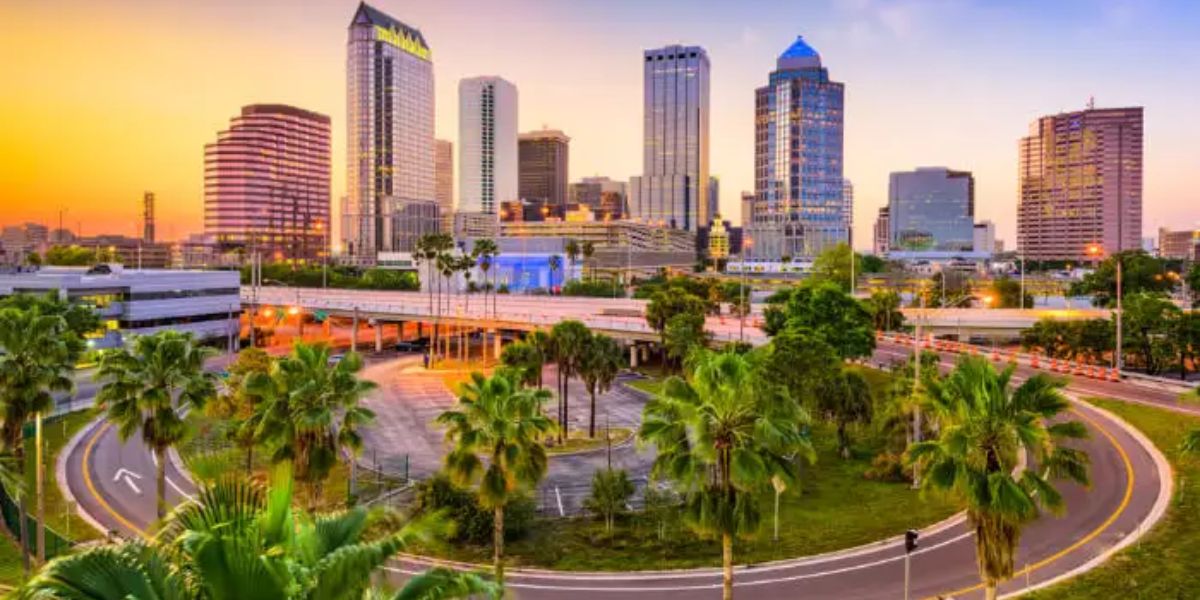Oregon, with its rich scenery and bustling cities, frequently entices visitors with the prospect of a Pacific Northwest paradise. However, the reality of life in the Beaver State does not always correspond to the bucolic image.
For some, the state’s constant rain, expensive expense of living, and growing homeless population are major downsides. Others find the lack of sunlight and isolated employment market problematic. Despite its natural beauty and modern culture, many new residents may have regrets.
In this post, we’ll look at seven typical reasons why individuals regret moving to Oregon, bringing light on often-overlooked parts of life in this beautiful state.
1. High cost of living
The cost of living in Oregon, especially in cities like Portland, can be considerable. Housing prices, rent, and daily expenses are frequently higher than the national average. Financial strain can make it harder to live comfortably.
Exploring the Seven Reasons Why Arizonans Flaunt Their State’s Unmatched Qualities
2. Rainy Weather
Oregon, particularly the western region, is noted for its rainy and cloudy weather. The persistent drizzle and lack of brightness can be discouraging for people who thrive on sunny days. This weather pattern may cause seasonal affective disorder (SAD) and make outdoor activities less enjoyable.
3. Traffic and Congestion
Traffic congestion is a typical occurrence in Oregon’s main cities. Long commutes and congested roadways can cause frustration and lost time. Heavy traffic might also lead to increased car maintenance and fuel prices.
4. Homelessness Issues
Oregon, notably Portland, has a considerable homeless population. The apparent presence of homelessness can be upsetting, influencing perceptions of safety and quality of life. The state and cities are working on answers, but the pace is slow.
5. Limited Job Opportunities
Outside of major cities, career prospects can be few, especially in specialized or well-paying fields. The state’s economy is broad, yet it may not provide the same range of opportunities as bigger urban areas. This can make it difficult to advance and maintain your career.
6. Wildfire Risk
Oregon is prone to wildfires, especially in the dry summer months. Wildfires can result in property destruction, health difficulties from smoke, and evacuation orders. Wildfires are a persistent hazard, which can be stressful and have an influence on quality of life.
Discover the Top 3 Florida Cities That Offer Retirees a Dream Lifestyle
7. Earthquake Risk
Oregon is positioned in an earthquake-prone area, and the Cascadia Subduction Zone poses a substantial risk. The possibility of a large earthquake is a continual fear. Preparing for and responding to earthquakes can be stressful and costly.
Conclusion
While Oregon’s natural beauty and modern culture make it an alluring location, many newcomers to the Beaver State find it difficult to adjust. High living costs, persistent rain, traffic congestion, homelessness, a lack of career possibilities, wildfire risks, and earthquake threats frequently cause persons who relocate to regret their decision.




